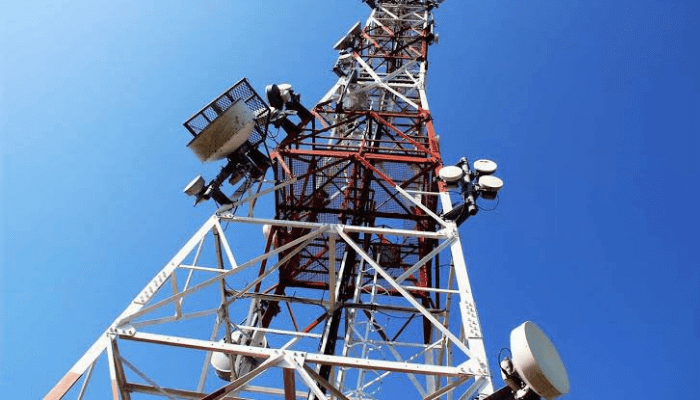Abuja poor internet spotlights digital divide
Residents of Abuja and northern Nigeria are grappling with persistent poor internet services, marked by slow speeds, frequent outages, and unreliable connectivity.
Amid Nigeria’s ambition to achieve a 70 percent broadband penetration rate by the end of 2025, the current rate stagnates at approximately 48.81 percent as of August 2025, hurting cities like Abuja.
The northern region, where poverty rates exceed 60 percent, faces heightened digital exclusion, with millions unable to access essential online services.
Read also: Airtel’s 5G router targets Nigeria’s small businesses with affordable, stable internet
Experts warn that without urgent infrastructure upgrades, the region risks further marginalisation in Nigeria’s digital economy. The challenges stem from undersea cable damages, vandalism and insufficient fiber optic infrastructure.
A September 2025 report by the GSMA, the global industry body for telcos,
found that around 130 million people in Nigeria remain offline, despite living in areas with mobile broadband coverage, a gap widened by the slow rollout of the National Broadband Plan (2020-2025).
In Abuja, the nation’s capital, mobile network crises have become commonplace, with dropped calls and failed data connections disrupting daily life.
Complaints have flooded social media platform X, where Nigerians detail their ordeals. In Abuja’s Kado area, user @RightSideWitGod lamented, “Very poor internet service in Abuja, Kado, particularly. The decline has worsened over time.”
Similarly, @amare_of expressed extreme frustration with network service in Naf Valley Estate and Asokoro: “The connection has been consistently unreliable and slow. This experience is unacceptable.”
Another post from @Aiwanscales added, “The whole of Asokoro extension in Abuja is having issues with a service providers’ network and you guys cannot sort it out.”
Further north and in Abuja suburbs, users report data draining rapidly despite high costs. @Badmosgraphics in Ushafa, Abuja, complained: “It is now a constant thing for both call and data network to disappear for hours everyday without any reasonable explanation.”
Hostile actions
Gbenga Adebayo, chairman of the Association of Licensed Telecommunications Operators of Nigeria (ALTON), has repeatedly highlighted the threats to service quality.
Adebayo noted; “Ongoing investments in network optimisation, fibre expansion, and site upgrades are transforming the sector, but hostile actions by some states, including excessive right-of-way fees and vandalism, risk digital exclusion, particularly in underserved northern regions where infrastructure deployment is already challenged.”
He urged state governments to foster a supportive environment, warning that vandalism alone led to multiple incidents from May to July 2025, potentially disrupting services nationwide.
Adebayo also pointed to diesel blockades by oil workers threatening over 16,000 telecom sites, including in northern states like Kaduna, emphasising the need for protective measures to sustain connectivity.
Aminu Maida, executive vice chairman of the Nigerian Communications Commission (NCC), addressed the investment angle, stating that the telecom sector has attracted over $1 billion in new investments in 2025, spurred by policy shifts, including tariff adjustments.
Read also: Millions miss Nollywood’s streaming wave on poor internet
These funds from Mobile Network Operators (MNOs) will be channeled toward infrastructure upgrades, prioritising underserved areas starting with the northern part of Nigeria to bridge the digital divide.
This includes fiber deployment, site enhancements, and region-specific rapid response teams for protection, ensuring resilient networks for economic recovery.
“The $1bn investment will start from the North, with expansion of fibre backbones beginning in the North Central region,” Maida stated.
He stressed collaboration with governors to reduce right-of-way fees, aiming for an additional 90,000km of fiber by Q4 2025, with a focus on northern states to meet national broadband goals.

